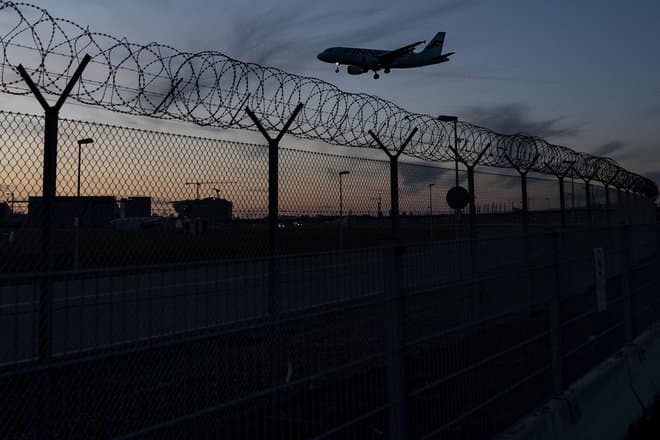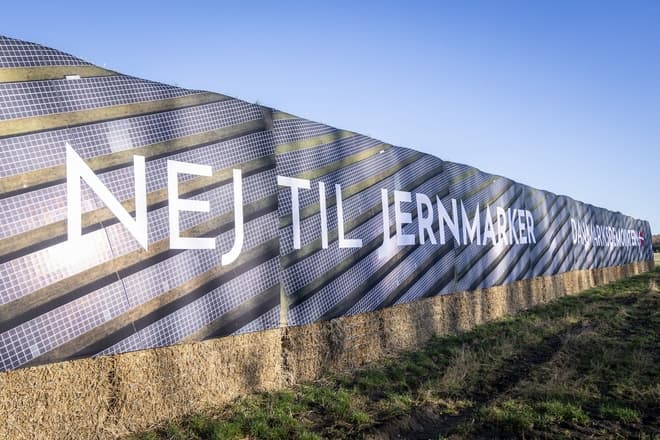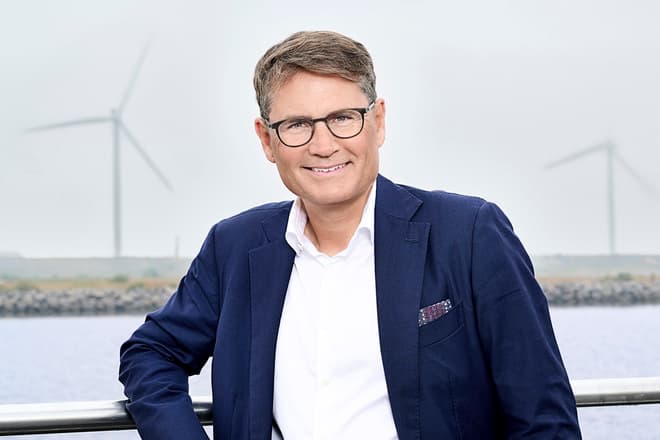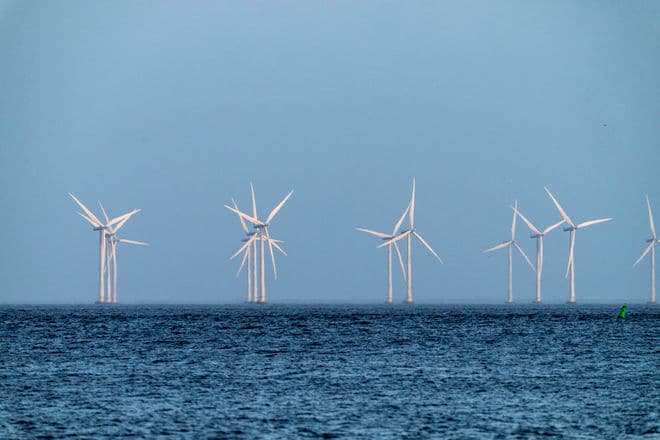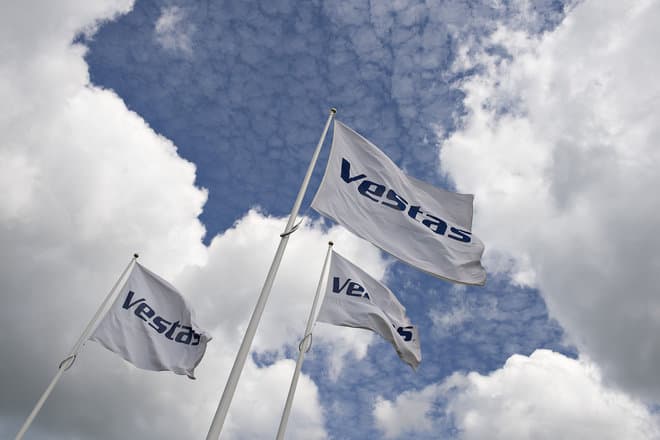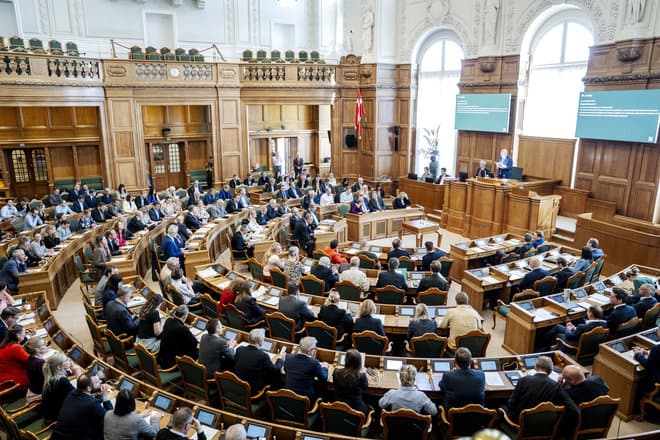
UPDATED: Denmark and the other Baltic Sea countries are committing to an ambition of sevenfold increasing the amount of electricity from offshore wind in the Baltic Sea by 2030. This is stated in a declaration "The Marienborg Declaration", which will be presented on Tuesday at Marienborg, Prime Minister Mette Frederiksen's (S) official residence.
- We share a great potential for offshore wind. As long as we are dependent on fossil fuels, we are vulnerable, says Mette Frederiksen at the press conference.
The green electricity, which comes from offshore wind, will eventually make the countries in the region around the Baltic Sea independent of Russian gas. At the same time, it should have a positive effect on the climate.
- As countries bordering the Baltic Sea, we are ready to respond to Russia's aggression in the energy sector, the declaration states.
- We are determined to strengthen our cooperation on energy and our resilience, which can support our efforts to phase out our dependence on Russian fossil fuels as quickly as possible, while contributing to climate neutrality in the EU, it says.
Agree on potential
The countries have agreed that the capacity of offshore wind must increase sevenfold from the current level of 2.8 GW in the Baltic Sea to at least 19.6 GW by 2030. The Baltic Sea countries also acknowledge in the declaration that the potential for so-called offshore wind in the Baltic Sea is up to 93 GW by 2050. The EU Commission has previously assessed.
The President of the European Commission, Ursula von der Leyen, emphasizes at the press conference that Russia has driven up the price of gas extremely high after Western countries have imposed sanctions against the Russians.
- Putin's attempt to blackmail us with fossil fuels is failing, she says, referring to Russian President Vladimir Putin.
Russia's invasion of Ukraine in February has led to the countries around the Baltic Sea wanting to get rid of Russian gas. In addition to Denmark, the heads of government from Germany, Estonia, Latvia, Lithuania, Poland, Sweden and Finland are co-signatories of the declaration.
Tuesday's summit at Marienborg comes a few months after a similar one in Esbjerg. Denmark, Germany, the Netherlands and Belgium participated in it. Here, the countries agreed on a goal of tenfolding the capacity for offshore wind in the North Sea to 150 GW by 2050.
/ritzau/
Text, graphics, images, sound, and other content on this website are protected under copyright law. DK Medier reserves all rights to the content, including the right to exploit the content for the purpose of text and data mining, cf. Section 11b of the Copyright Act and Article 4 of the DSM Directive.
Customers with IP agreements/major customer agreements may only share Danish Offshore Industry articles internally for the purpose of handling specific cases. Sharing in connection with specific cases refers to journaling, archiving, or similar uses.
Customers with a personal subscription/login may not share Danish Offshore Industry articles with individuals who do not themselves have a personal subscription to Danish Offshore Industry.
Any deviation from the above requires written consent from DK Medier.










